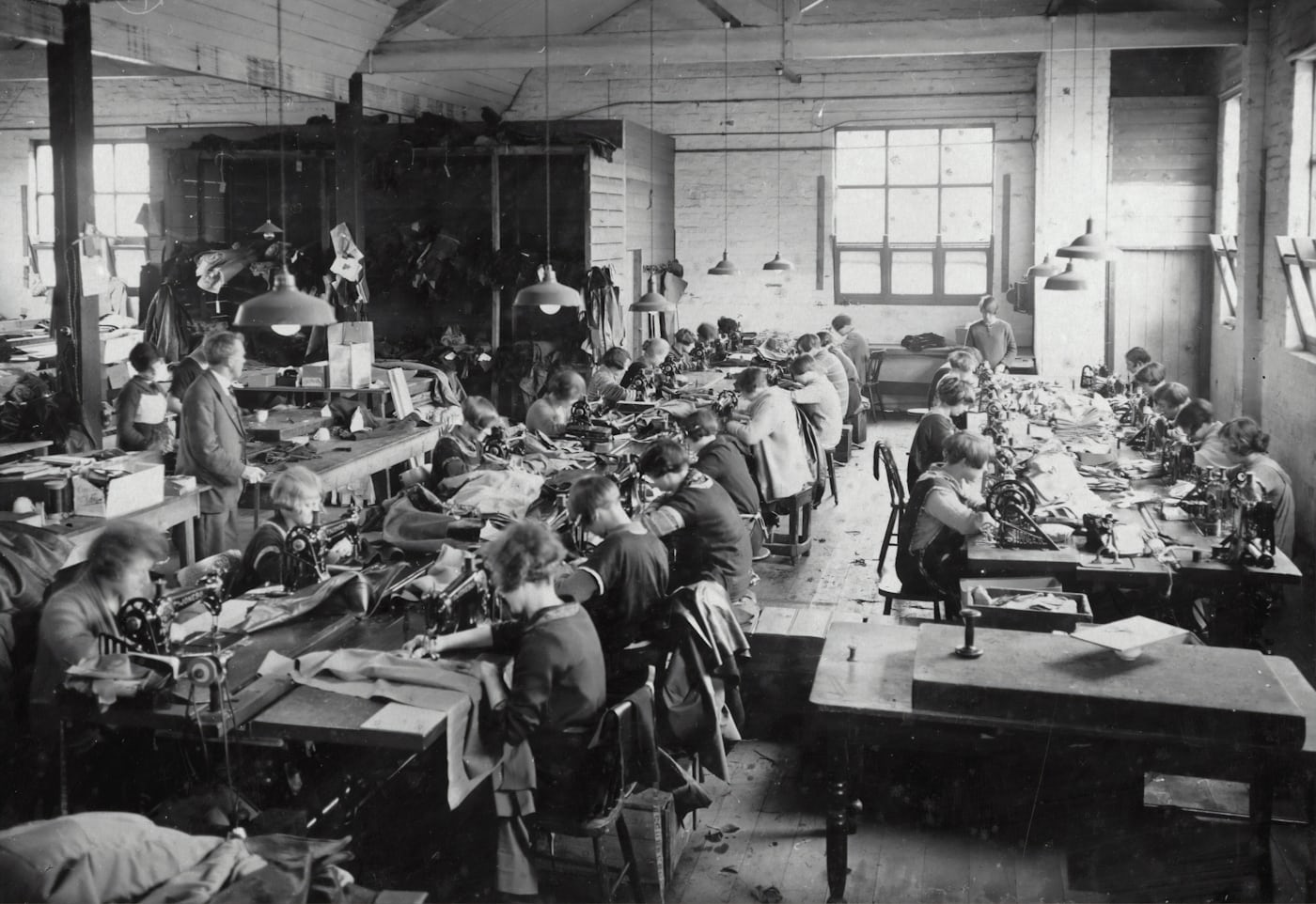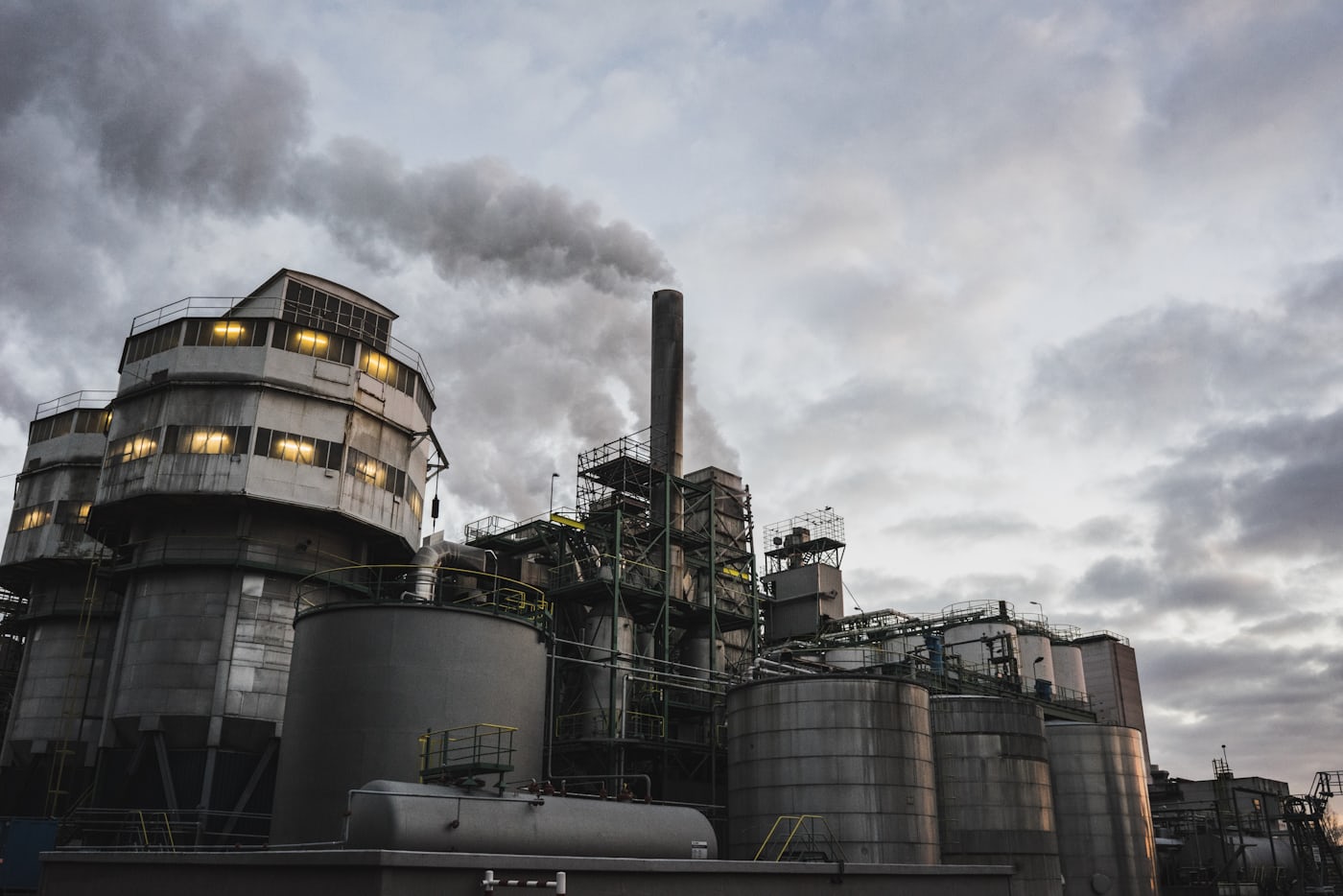Let’s be honest: most, if not all, of us have been tempted (and probably gave into the temptation) by the shockingly low prices of fast fashion. If you don’t know what fast fashion is, they are brands that sell ‘currently fashionable’ clothes at (extremely) cheap prices. Some prominent examples of fast fashion are places like H&M, Urban Outfitters, Zara, and the extremely popular Shein.
Why Fast Fashion is Unethical

While from the surface fast fashion may seem unproblematic, the truth behind these brands is filled with holes in the ethicality of their labor and environmental practices, as well as ethical dilemmas with the products themselves.
Let’s begin with fast fashion labor practices. Not only do many fast fashion brand factories (especially in third world countries) violate safety regulations, but the workers are paid little (and I mean very little) to nothing. And in some cases, fast fashion companies have even gone as far as using slave and child labor.
“‘We had no other choice but start this campaign. We put these tags on garments across every Zara store in every shopping mall across Istanbul. We don’t want to harm Zara. That’s not what this is about. But we want what is owed to us,”‘ says a textile factory worker for Zara. This quote comes from a BBC article on Zara workers that put hidden messages in clothes being shipped from their textile factory, warning about the conditions in which they work. Later on in the article, more workers continue to discuss how their jobs hamper their quality of life: preventing them from getting married and even being able to afford to send their kids to school.
Now if this weren’t alarming enough, the impact that fast fashion has on the environment is appalling. Textiles that are used in clothing have always been harmful, most of them are made with synthetic materials that are damaging for the environment and the majority of textiles end up in the landfill every year (according to this EPA Data). And fast fashion has only increased the number of textiles being produced every year, which given that the overarching idea of fast fashion is more clothing for cheaper prices, makes sense. Additionally, the rapid moving industry that is fast fashion has led to not only more consumption of products, but has also shortened the lifespan of the products according to a business insider article . So put in statistics: people bought 60% more clothing but kept the clothes for only half as long as before. And this is only the beginning of the environmental horrors that the rise of the fast fashion empire has created, you can read the full list in the linked business insider article.
Fast Fashion is Bad For You

And to top it all off, their products generally are not good for you either. In order to make prices so low, generally the first thing to go is quality, part of which is the safety of their ingredients. Victorias Secret (which is considered a fast fashion brand, albeit not a very well recognized one) products were found by the California Safe Cosmetics Program to”contain ingredients that may cause cancer or reproductive or developmental harm.”
The most terrifying part of all? The resistance to change in the fast fashion industry. Despite what is definitively an abomination of ethical violations, the majority of the fast fashion industry continues to push an almost money over people ideality. One example of this is the Rana Plaza factory collapse, as mentioned in a New York Times article. The explosion generated by the collapse killed 1,100 people and injured many more and yet similar incidents continued to occur and still continue to occur today.
What Can You Do?

Two simple ways are by signing petitions and using clothes for longer periods of time. When some clothes are no longer useful to you, donate them instead of throwing them away. And, of course, the most obvious and effective answer: be more selective about where you purchase clothes. By doing this you can force change in the industry, by showing that you as a consumer will not support and fund an industry which fosters and enables inhumane and unethical environments and practices.





A very nice articulation for a call for action by consumers on how their choices could significantly help tackle the dual issues of human rights and climate change.